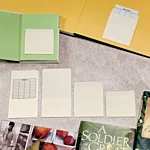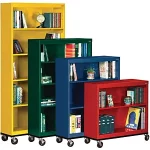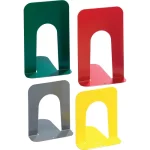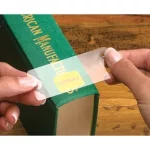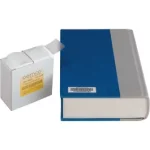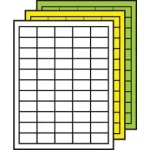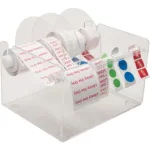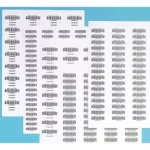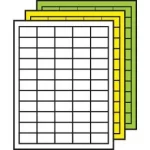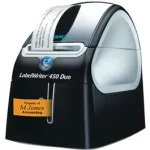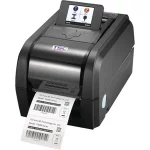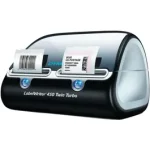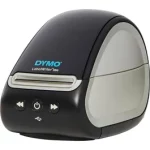Library Stationary
Library Organing Stationary
Library organized stationary refers to the various forms and documents used to manage a library’s collections and operations. Examples include:
Bibliographic cards: These
“Library organized stationary” likely refers to stationary items that are organized and stored in a library setting, such as writing materials, journals, and notebooks. These items may be available for use by library patrons or may be used by library staff for record-keeping and other administrative tasks. There are various types of tools that can be used to organize and manage items within a library setting, including:
Library management software: This type of software is used to catalog and track items in the library’s collection, as well as manage circulation, patrons, and other administrative tasks.
Automated systems: Automated systems such as self-checkout machines and RFID (Radio-Frequency Identification) technology can be used to streamline the checkout and return process for patrons.
Barcode and labeling systems: Barcode and labeling systems can be used to easily identify and track items within the library.
Digital tools: Digital tools such as online catalogs, e-book platforms, and digital asset management systems can be used to organize and provide access to digital resources.
Shelving and storage systems: Different types of shelves and storage systems can be used to organize and store items within the library.
Preservation and conservation tools: Tools such as acid-free paper, UV-filtering film, and climate control systems can be used to preserve and protect items in the library’s collection.
Organizational charts, flow charts, and diagrams are also useful tools to keep track of the organization of the library.
It is worth to note that the number and types of tools used will vary depending on the size and type of library, as well as the specific needs and priorities of the organization.
Spine Labels
Labels for books can be used to identify the book’s title, author, and other information such as the owner’s name. They can also be used to organize books on shelves by category or subject. Label protectors are clear plastic coverings that are placed over the label to protect it from wear and tear. They can also prevent the label from fading or smudging. They are often used in libraries and schools to help prolong the lifespan of the books.
Plastic Label Roll Dispenser
Barcode Labels
Color-coded Labels
Processing Labels
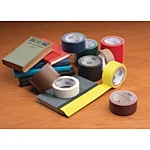
Colored Book Tape
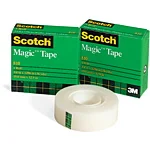
Office Tape
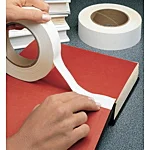
Book Hinge Tape

Crystal Clear Book Tape
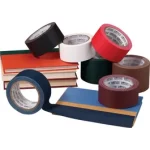
Packaging Tape

Poly Tape Value Pack
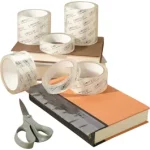
Economy Book Tape
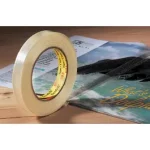
Masking Tape
Books Covers & Magazine Protection

Book Jacket Covers
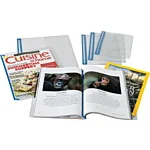
Magazine & Pamphlet Protection
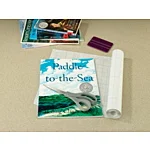
Book Laminate Rolls

Book Jacket Covers – Sheets
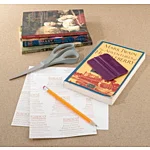
Adhesive Book Covers

Pre-Cut Book Jacket Tape
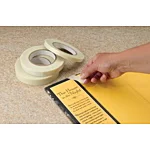
Book Protection Accessories
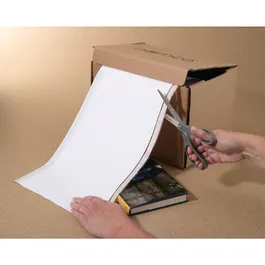
Book Jacket Covers On Rolls
Library Shelf Organizing
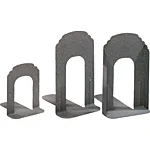
Book Jacket Covers

Magazine & Pamphlet Protection
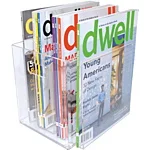
Book Laminate Rolls

Book Jacket Covers – Sheets

Adhesive Book Covers
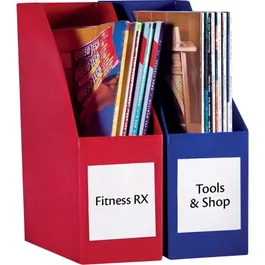
Cut-Corner File Cases
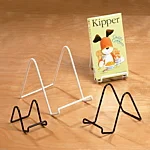
Book Protection Accessories

Economy Curved-Corne File Cases

Library Books Repairs
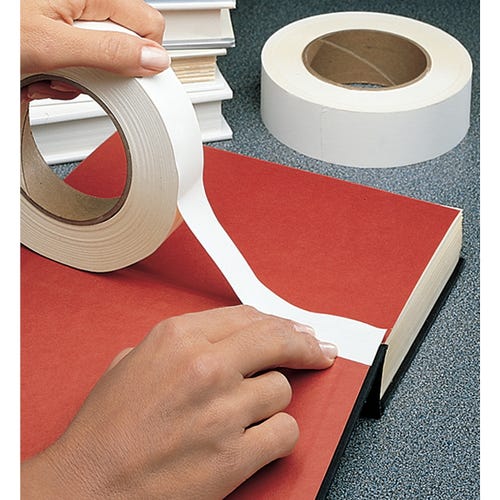
Hinge Repair

Book Cleaning

Torn Page Repair

Ripped, torn, or removed pages
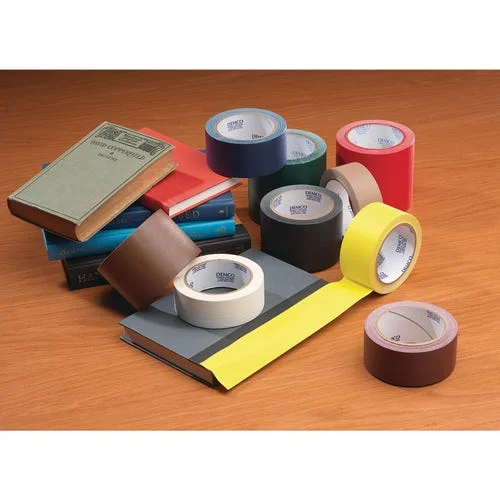
Spine Repair

Protection and damage prevention

Corners and Headcap Repair
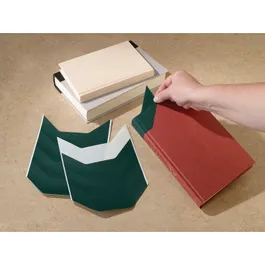
Cloth Book Repair Wings
Library Circulation
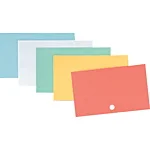
Catalog Cards & Forms
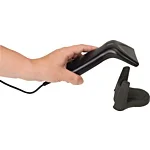
Bar Code Scanners
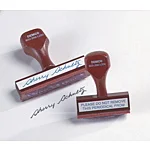
Library Stamps
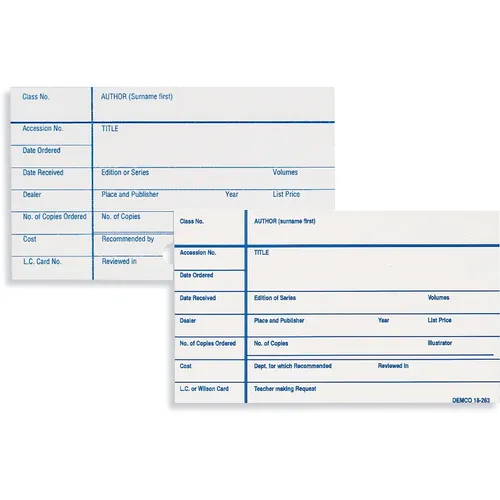
Book Cards
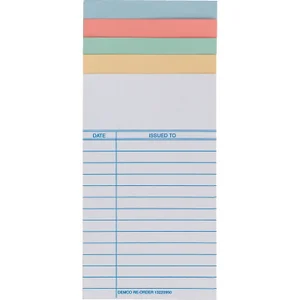
Book Cards
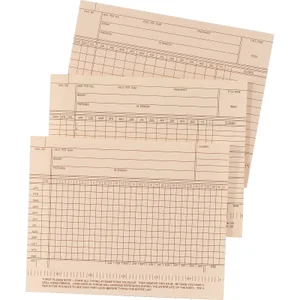
Serials Cards
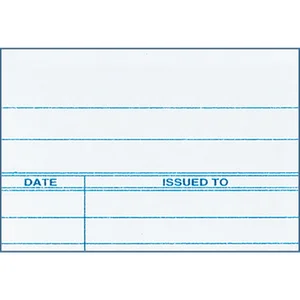
Due Date Slips
